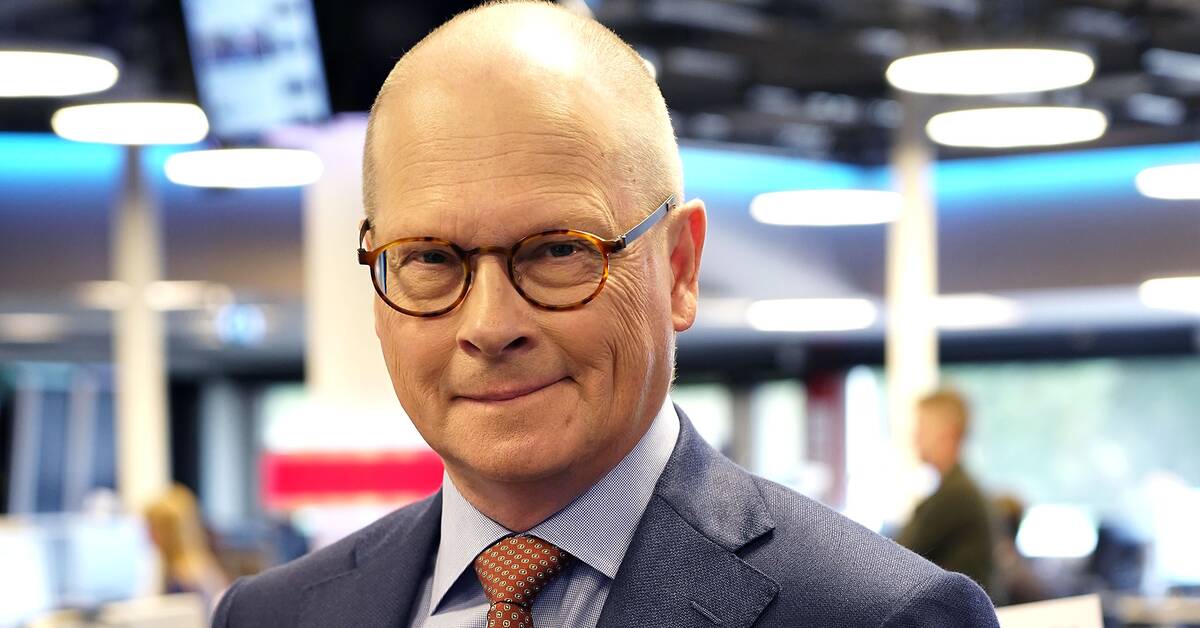It is a sharp situation when Folk og försvar's annual national conference is held in Sälen this year.
Russia's war of aggression against Ukraine has created the most serious security political situation in Europe since World War II.
It has fundamentally affected Sweden's foreign and security policy, and it naturally strongly affects a conference like People and Defence.
Turkey slows down
The war in Ukraine and the security consequences of the war are the dominant theme of the conference.
Much is about Sweden's and Finland's NATO application, where Turkey is putting the brakes on full membership.
Both Prime Minister Ulf Kristersson and NATO Secretary General Jens Stoltenberg believe that Sweden and Finland fulfill the cooperation agreement with Turkey.
So far, however, the Turkish government has not given the go-ahead.
Ulf Kristersson also does not seem prepared to go further than what Sweden has done so far to get a yes from Turkey.
There are things that Turkey wants, but that Sweden neither can nor wants to do, he believes.
When a Turkish approval can come is thus highly unclear.
Some observers believe that it may become possible only after the elections in Turkey, which will be held this spring or this summer.
Sweden's 200 years of non-alignment over
No matter what, both Sweden and Finland can count on NATO's protection in the event of a conflict, according to NATO's Secretary General.
Jens Stoltenberg emphasized today that NATO will act if the countries are subjected to threats or attacks.
And in Sweden, preparations for joining NATO are now underway.
NATO membership marks the end of 200 years of non-alignment.
Now Sweden must join a defense alliance where you can certainly count on support in the event of an attack, but where you also commit to helping other countries.
A paradigm shift in Swedish foreign and security policy.
In Sälen, Prime Minister Ulf Kristersson gave three concrete examples of what Sweden is prepared to do as a NATO member: Participate in NATO's missile defense, that Swedish aviation must be included in incident preparedness in the airspace over Estonia, Latvia and Lithuania, and that Swedish ground combat units must be prepared to defend the Baltic countries in the event of an attack.
Several disputed issues remain
At the same time, it is interesting to note that the cross-bloc agreement on the NATO issue seems to persist.
Despite the change of government, no cracks are visible in the unity.
Social Democrats party leader Magdalena Andersson emphasized on Sunday the importance of bringing Sweden into NATO.
For Sweden, it is of course important that there is a broad national consensus on an issue of such central importance as NATO membership.
Only the Left Party and the Green Party are against it.
But there are other parts of defense policy where there will be debate in the future.
The parties agree to increase defense funding to 2 percent of GDP, but not how quickly this should happen.
Funding is another contentious issue.
There, the Social Democrats want a special contingency tax to finance parts of the rearmament, something the new government says no to.
Another issue is the military support packages for Ukraine.
When Defense Minister Pål Jonson (M) gives a speech on Monday, he is expected to argue strongly for extensive continued military support to Ukraine and the government is expected to make a decision on new deliveries shortly.

